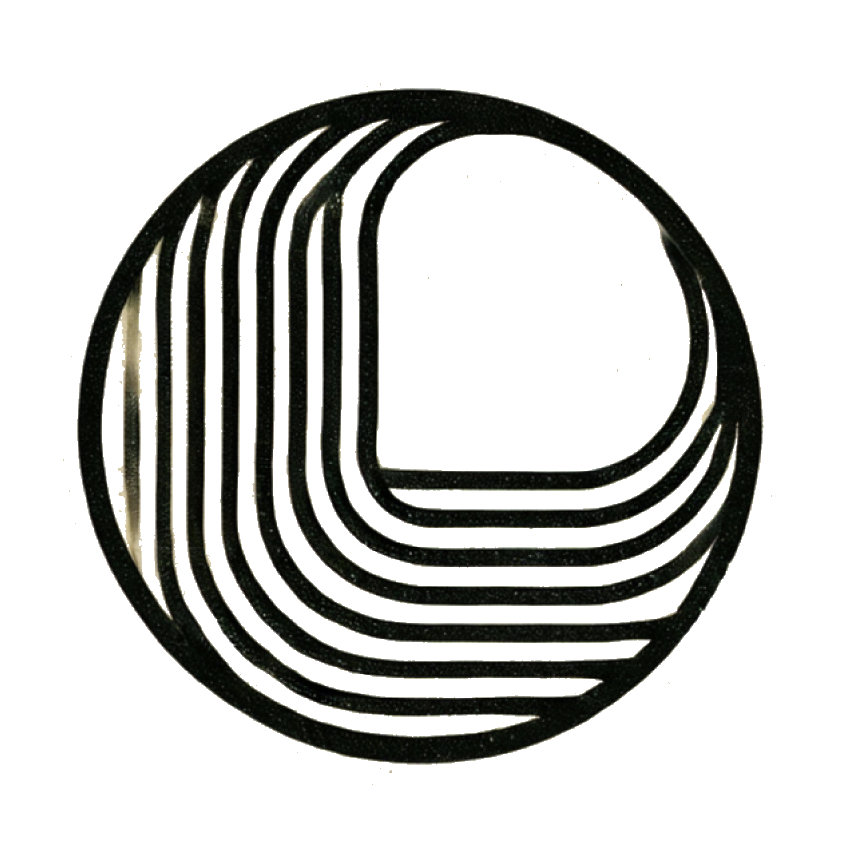Shadow Work Prompts: 100+ Questions for Deep Self-Discovery
The most comprehensive shadow work prompts guide online. 100+ questions organized by theme: relationships, childhood, triggers, self-sabotage, creativity. Start with the one that scares you.

If you want to explore present-moment awareness alongside shadow work, try our mindfulness journal prompts — organized by frameworks like RAIN and body scanning.
Looking for more? Check out our guide to fun journal prompts.
You might also enjoy our guide to journal prompts for self-discovery.
Want to apply shadow work to improve your connections? Read our shadow work journaling guide for better relationships.
Ready to move beyond prompts? Explore our guide on shadow work journal techniques that transform your life.
If you want to go deeper into your emotional reactions, try our shadow work prompts for turning triggers into insight.


